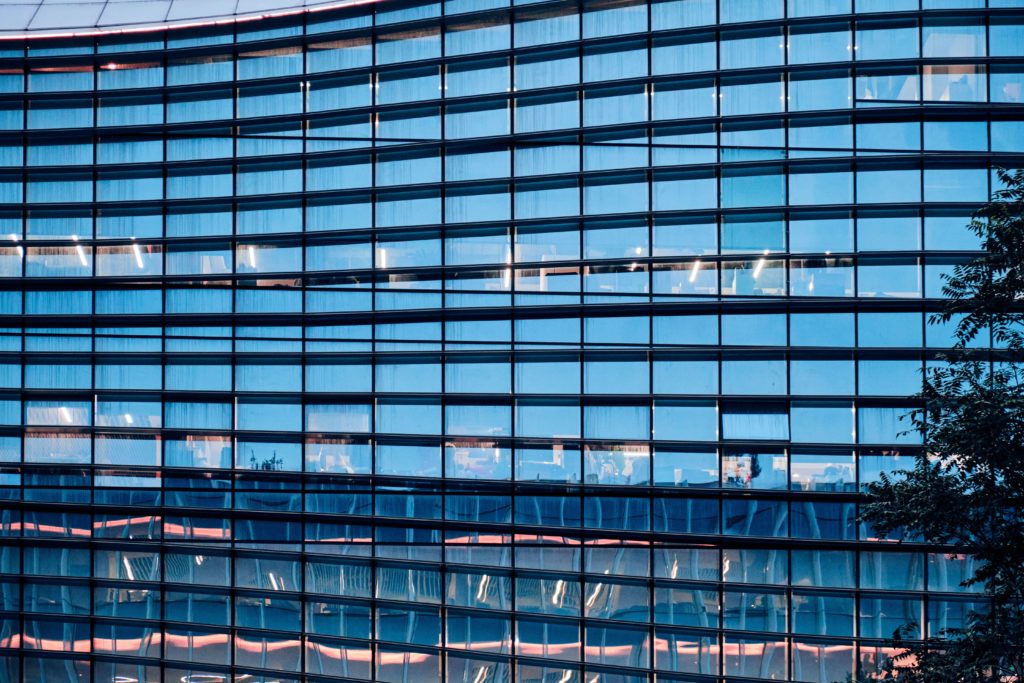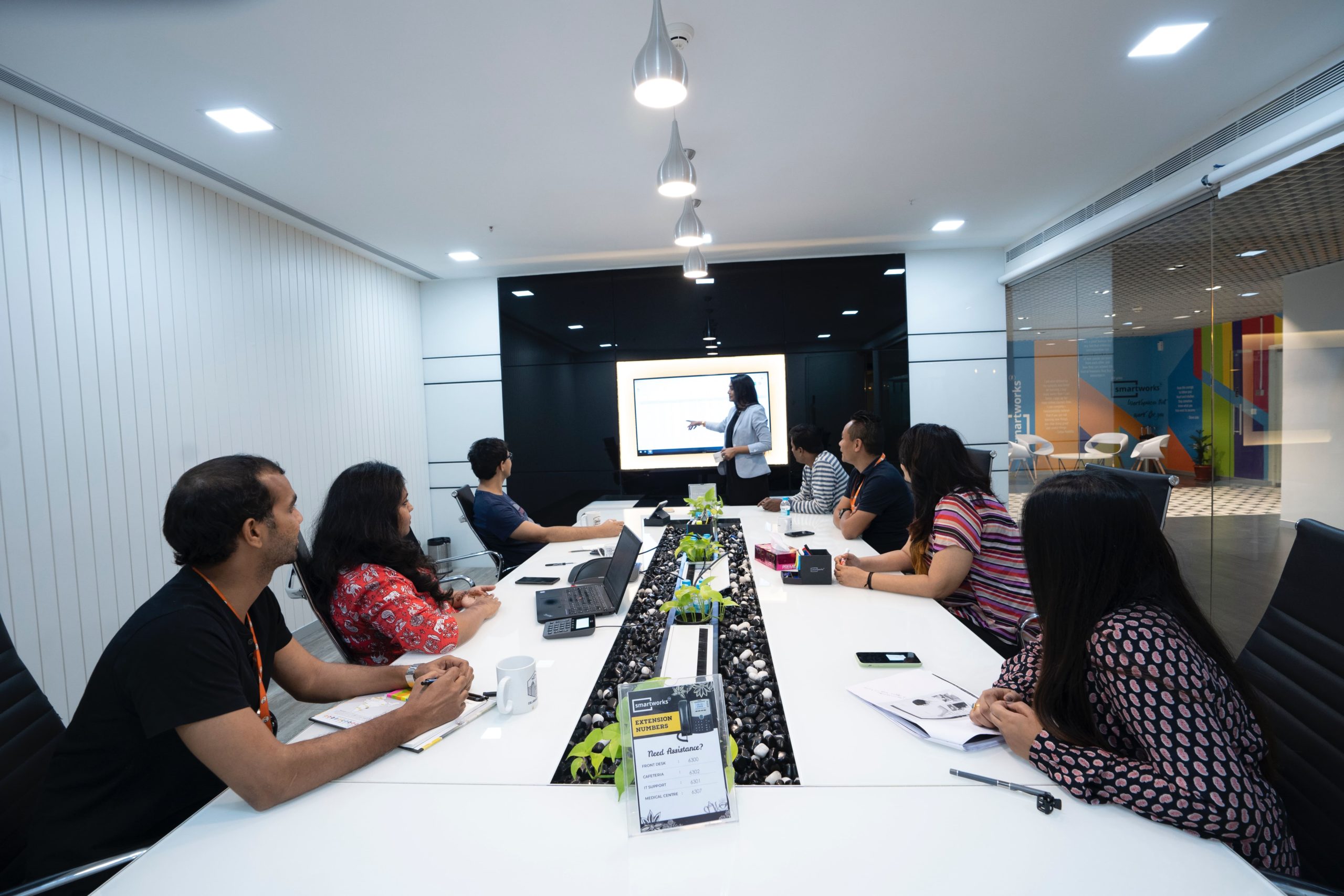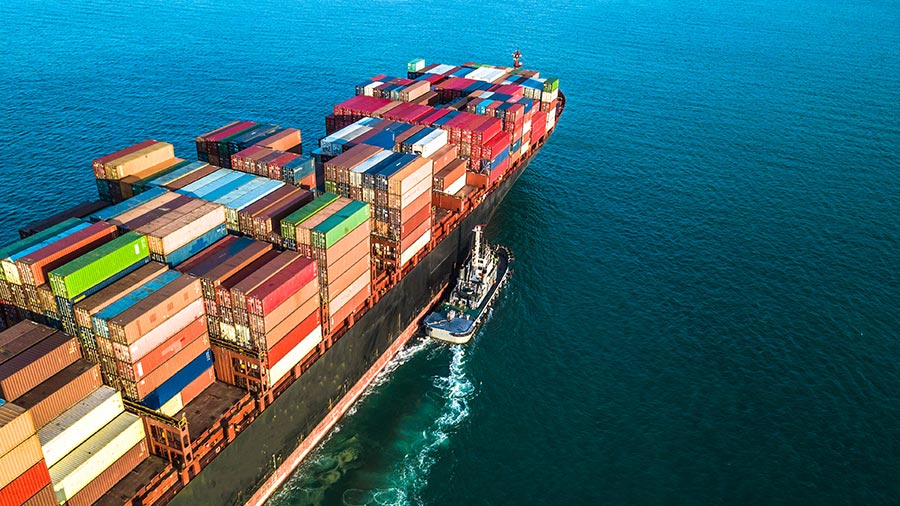Latvia has numerous natural attractions, including breathtaking landscapes and stunning cities. With a contribution of 4.8% to Latvia’s Gross domestic product in 2019, the travel industry has been significant to the country’s economy lately. Organizations might partake in the Latvian tourism and hospitality businesses in various ways. As the country attempts to draw more tourists from across the globe, there is a rising requirement for first-rate dwellings, restaurants, and other travel industry-related services.

Natural attractions
Guests are captivated by the wealth of natural attractions in Latvia. Latvia has something for everyone. From the serene Baltic Sea littoral with its stunning beaches to the appealing capital city of Riga, which is a UNESCO World Heritage site known for its outstanding architecture. In addition, the country is home to numerous national parks, lovely villages, and lively festivals that draw attention to the country’s extensive cultural heritage. Businesses can take advantage of the numerous opportunities presented by this wide range of attractions, which ensure a steady stream of visitors throughout the entire year.
Growing tourism sector
In recent years, Latvia’s visitor sector has developed significantly. The number of tourists from outside has increased in the nation, including those from far and near nations. Over 2 million visitors arrived in Latvia in 2019, an increase of 3.5% over the previous year. This rising trend points to an increase in demand for lodging, transportation, and other associated services, which makes this an excellent time to look into investment opportunities in the industry.
Favorable conditions for investing
Latvia provides a welcoming investment climate for companies in the tourist and hospitality industries. The government has put laws into place to entice international investment by streamlining processes and offering incentives to business owners. The nation is an appealing base for multinational firms due to its advantageous position inside the European Union, which provides access to a sizable market. Additionally, the competitive labor market and relatively cheap operational expenses in Latvia help to ensure the success of businesses in the industry.
Diversification of tourism offerings
The tourism industry in Latvia has been adapting to meet changing visitor requirements. The nation has made investments in the growth of specialized tourist industries including ecotourism, wellness tourism, and cultural tourism. In addition to drawing a wider variety of tourists, this diversification gives business owners the chance to offer niche products and experiences. For instance, eco-lodges, spa resorts, and cultural immersion programs are gaining popularity among tourists seeking unique and authentic experiences.
Digital transformation
The tourist and hospitality industries in Latvia are adopting digital transformation, providing chances for companies to use technology. Mobile apps, digital marketing techniques, and online reservation systems are becoming necessary tools for luring and satisfying clients. Additionally, technology-based options that improve the entire tourist experience include virtual reality tours and tailored trip suggestions. Businesses that can adapt to changing market conditions and effectively use technology will have a competitive advantage.
Responsible tourism and sustainability
In Latvia, ethical tourism and sustainable practices are becoming more popular. Travelers are increasingly looking for eco-friendly lodgings, regional food, and environmentally beneficial activities. Businesses may take advantage of this expanding market sector by putting sustainability first and implementing ethical standards across their business. In addition to attracting eco-aware visitors, businesses will also help to ensure the long-term preservation of Latvia’s distinctive history by encouraging green projects, protecting natural resources, and helping local communities.
Supportive tourism infrastructure and services
Latvia has invested significantly to build a strong tourist infrastructure and supporting services. Modern airports, efficient transit systems, and a variety of lodging alternatives, from five-star hotels to modest guesthouses, are all available throughout the nation. The availability of skilled services, such as tour guides and coordinators, and specialist guides, who respond to the requirements and tastes of various visitors has also increased in the hospitality industry. This enabling architecture guarantees that visitors have a smooth experience while also giving businesses the chance to work together and provide complementary services, thereby boosting the industry as a whole. Businesses may concentrate on providing outstanding client experiences and stand out in a competitive market by making use of the enabling infrastructure and services for tourism.
You can also find these articles helpful
Required licenses for health and social services business in Latvia
Business in Latvia
How to incorporate a restaurant in Latvia?







